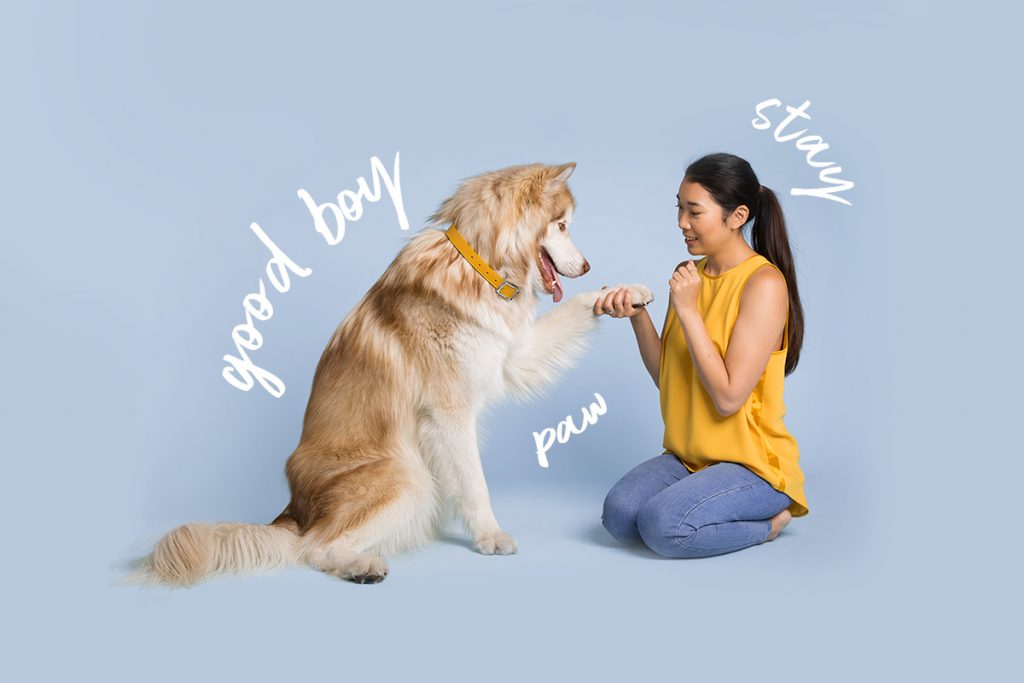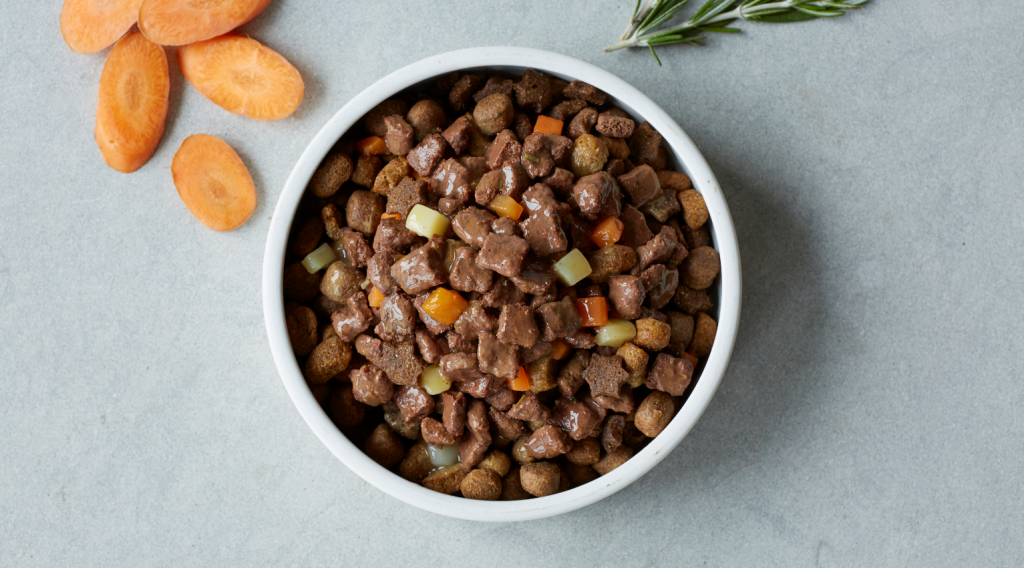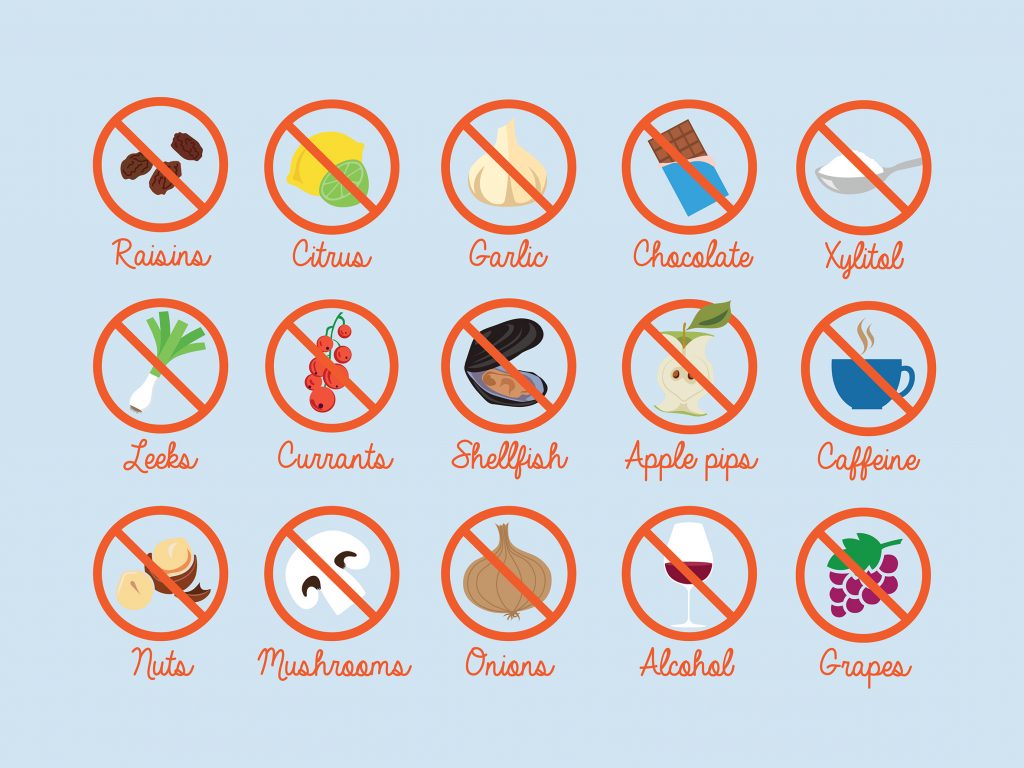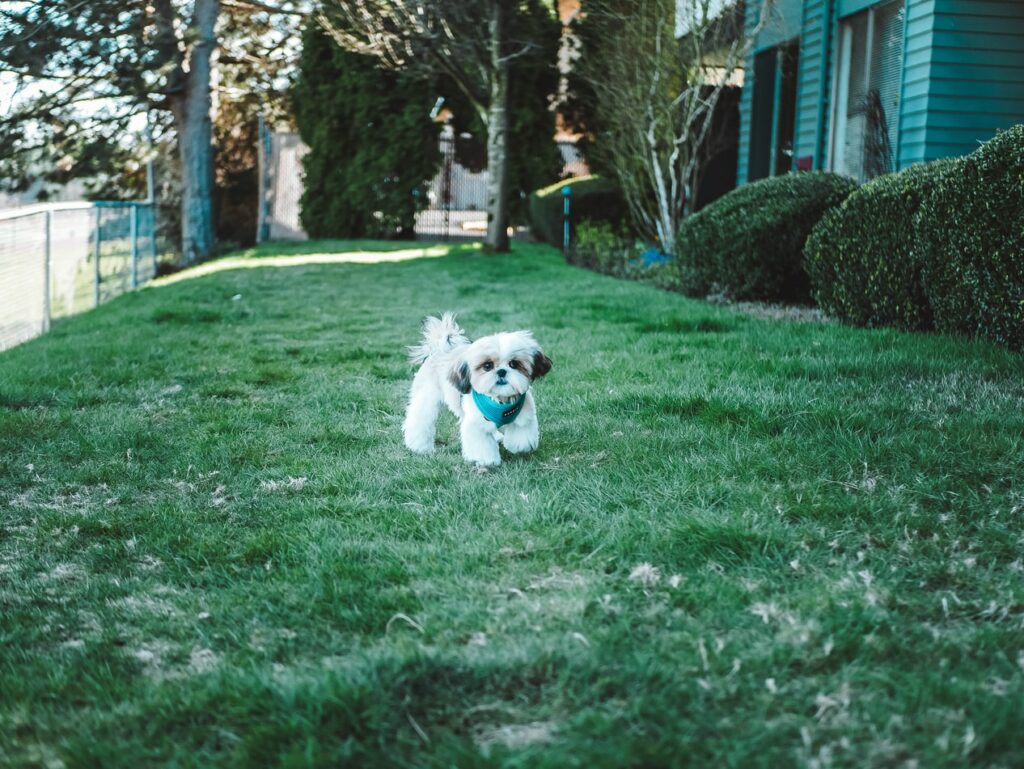With an office full of dog owners and dog lovers, we’re constantly asking our Head Vet Sean for dog advice – especially those of us who are first-time dog owners. With so much information out there, we asked Sean to boil it down to his top 10 secrets for success in the first few months of getting a dog. These secrets hold true whether you choose to get a puppy or adopt a dog. (Spoiler: we love adopting dogs at tails.com.)
Prepare for how much time you’ll need

Training a dog takes a lot of time, effort and patience. But you’ll soon see that all the initial effort is well worth it! A new home can be scary for your furry friend, and they’ll need your love and support as they explore their new life with you. The more time and effort you invest in training, the sooner you’ll have a well-trained dog on your hands.
Set out some ground rules
Just because your new dog is cute, doesn’t mean you should make exceptions for naughtiness. If you want your dog to learn to be well behaved and obedient, consistency is key. Start as you mean to go on with house rules and make sure your dog knows who’s in charge with plenty of reward-based training. Learn more about how to teach your puppy basic commands.
Encourage curiosity, not fear
Some dogs and puppies can be nervous of all the new sights, sounds and experiences around them and may react by crying or cowering away. It’s a good idea to encourage them to explore, ensuring they have positive experiences with new people, objects and surroundings. If they cry, try not to always reassure or pick them up. Allow them to discover the world with curiosity rather than fear, and reward calm behaviour with praise and affection.
Limit the variety in their diet

A puppy’s digestive system will be sensitive after being weaned, so try to avoid switching between different brands and types of foods too often to avoid an upset stomach. If you’ve adopted a dog, stick to feeding the same food as the rescue centre at first to help our dog settle in. The stress of being in a new home could upset their tummy anyway, so offer the food they’re familiar with to limit this as much as possible. When they’re nice and settled, you can gradually introduce a new dog food into their diet.
Here at tails.com, our food changes gradually with your dog so you only need to switch once. Find out more about our tailored dog food.
Be a social butterfly

For puppies, the socialisation window from birthday to 16-18 weeks of age is an important learning period. Taking them out to explore the big wide world will help them grow into a confident, well-rounded adult dog. Rescue dogs need socialising too to help them adapt and build their confidence.
It’s important to get your dog used to as many people, dogs and new surroundings as possible. Invite plenty of visitors over so they get used to other people in the house, and take your dog out for journeys by bus, train, car and any other public transport you want them to be familiar with. Of course, walks in lots of different environments will help too – so your dog can get familiar with busy places, crowds of people, traffic noise, children and other animals too. Learn more about how to socialise a new puppy.
Beware of toxic foods

A lot of common household foods are toxic to dogs. It’s important to keep these out of reach of curious puppies and dogs to make sure they’re not eaten. Here’s a handy list to help you remember which foods are unsafe for dogs.
Build your dog’s independence

Some dogs can struggle to cope when left alone. So you need to grow their confidence gradually. Slowly increase the amount of time you leave your dog alone each day. Start with 30 seconds, then a minute, then 5 minutes and so on. We know it’s hard, but try to ignore crying and if possible, only return to the room once they’re settled and calm. If you’re leaving the house, try not to make a big fuss right before your departure or when you return, and assure your dog that it’s not a big deal.
No teeth!
Biting play is normal between littermates and other puppies, but biting play with humans is not something you want to encourage. All dogs need to develop bite inhibition so they can control their bites when later faced with stressful situations.
Every time their teeth touch your skin, interrupt with an abrupt “No!” and withdraw all attention. This will teach your dog that playtime is over if teeth are used. Puppies naturally want to use their teeth to bite and chew, (some adult dogs are keen chewers too!) so buying a range of chew toys can help satisfy this urge. Here are more useful tips on what to do if your puppy is biting or chewing.
Get your puppy house trained

Like most other training, house training takes patience and consistency. Your new dog will need to learn the ropes with positive guidance on where to go to the toilet.
Choose an area outside to be your dog’s designated toilet spot. Taking them out frequently will teach them that this is where toilet breaks should happen. Always reward for toileting in the right place and never use punishment for the times they get it wrong. This could make them nervous and avoid toileting in front of you, leading to more accidents. Learn more about how to toilet train your new puppy.
Related blog: Crate training your puppy
Make vet visits a positive experience

Dogs tend to be fearful of the vet as they only go there for injections or when they’re unwell. The busy clinic can often be overwhelming too. By taking your new dog or puppy to the vet regularly for weight checks, and allowing them to be greeted with lots of fuss from staff, you’ll build positive associations instead. Some vet practices even host puppy parties, which are great for your puppy to meet new friends and even learn to love the vet.
Above all, enjoy this precious time with your new furry family member! Dogs grow so fast and the early days will be over sooner than you think.
Get your new dog off on the right paw by feeding them the nutrients they need with a recipe they’ll love. Here at Tails.com we’ll create your dog’s unique recipe based on their breed, health, age and weight. So send your dog into tail wagging bliss with your free two week trial. Sign up today.

